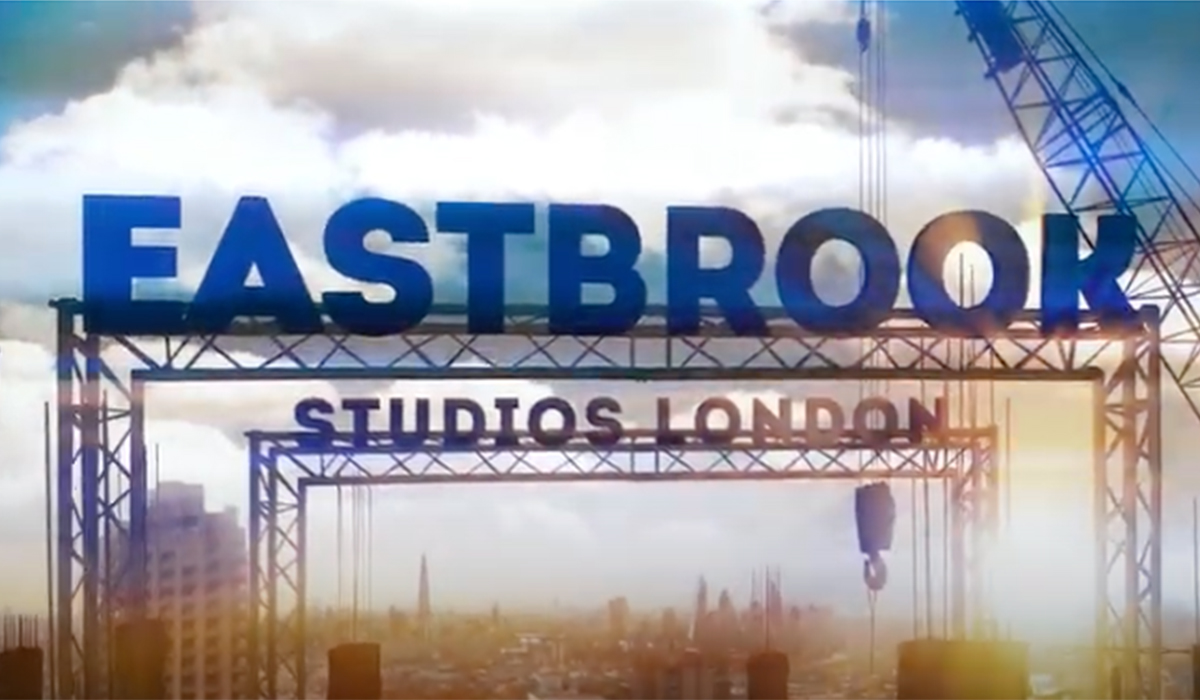
Courtesy of Ruth Bloomfield, The Wall Street Journal (December 8, 2020)
Global property investors are putting billions of dollars into a significant expansion of new production studios in the U.K.
U.S. and other global property investors are putting billions of dollars into a significant expansion of new production studios in the U.K., where tax breaks are attracting business from movie makers and television companies.
While the pandemic has upended many major commercial real-estate sectors—from hotels and retail to office towers—investing in properties related to content creation has emerged as a rare bright spot. People stuck at home are consuming more content than ever. Real-estate investors like Blackstone Group Inc. have stepped up their commitment to studio production facilities with two partnerships near Hollywood.
Now, some investors are making a similar bet in London. In a November deal, the Los Angeles-based firm Hackman Capital Partners agreed to invest around £300 million (about $401 million) in a facility to be known as Eastbrook Studios, located about 14 miles east of central London. Work on the project is slated to begin in the first quarter of 2021 and be completed 18 to 24 months later.
“Content is a growth business, peopleare consuming more programming than ever before,” said Chief Executive Michael Hackman.
HCP recently led a group of investors in a deal to acquire the New York studios where “The Sopranos,” “30 Rock” and “Sex and the City” were filmed. Mr. Hackman said he is also bullish on London.
“The U.K. has got a very attractive tax incentive program, and there is a huge shortage of sound stages in the U.K. right now,” he said.
The British government has been offering tax breaks of up to 25% for feature films since 2007. It extended those tax incentives to high-end television, animation and videogames in 2013 and 2014. The tax breaks and a weaker currency have made the U.K. an attractive alternative to Hollywood, said Adrian Wootton, chief executive of Film London and the British Film Commission.
“There is a difference in cost between our two regions because of the U.K.’s well-publicized tax credits and also the extremely beneficial U.K. exchange rate,” he said.
The production-facility business has its challenges. Contracts with production companies can be as short as one month, offering a lot less security than longterm office leases.
But spending on movies and high-end television was £3.62 billion during 2019, up about 50% from 2015, according to the British Film Institute.
Broadcaster Sky U.K. is working on a 14-stage, 32-acre studio in Elstree, just north of London, due to open by 2022. The project is backed by Sky’s parent company, Philadelphia-based Comcast Corp. and will be delivered in partnership with NBCUniversal. The U.K.’s biggest movie studio player, Pinewood Group, is meanwhile proceeding with plans to spend a total of £1 billion on expanding its two studios, Pinewood, 10 miles west of London, and Shepperton, in southwest London.
Both studios were founded in the 1930s. Classics from “The Third Man” to “Oliver!” as well as most of the James Bond movies were filmed there. More recently, the studios have hosted productions including “The Bourne Ultimatum” and “Star Wars: The Rise of Skywalker.”
There are also plans to increase the number of stages at Shepperton, giving the studios a combined total of 61 stages, the majority already preleased to Walt Disney Co. and Netflix Inc. By comparison there are 36 stages at Warner Bros. studios in Burbank, Calif.

